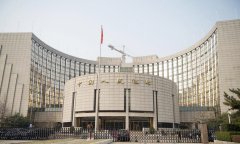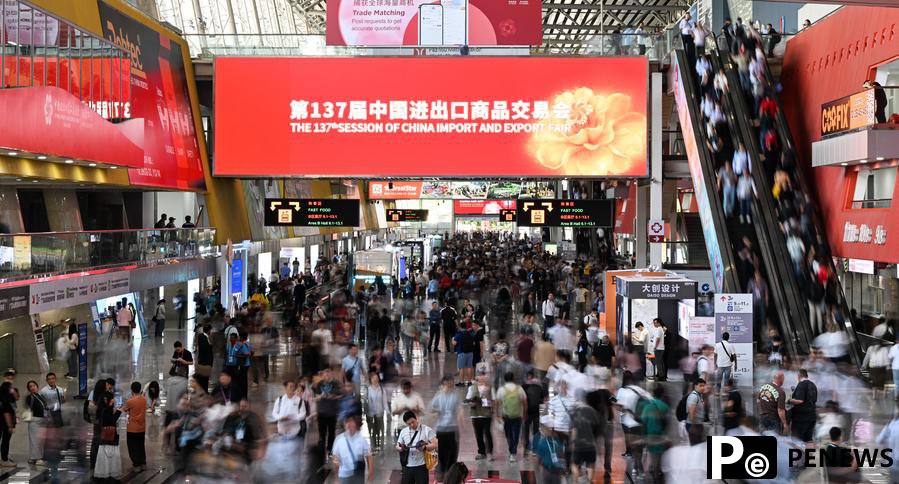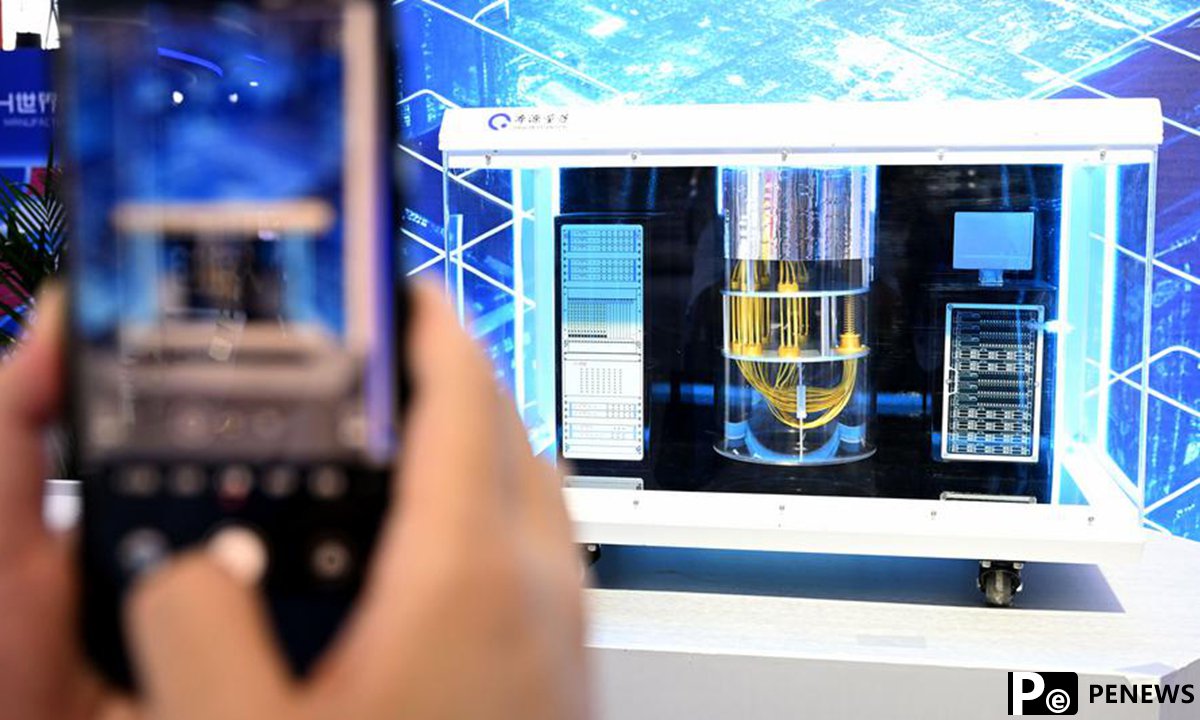Home>>
US businesses rush to place orders after trade talks, highlighting 'irreplaceable quality of Chinese products'By Chu Daye, Zhang Han, Li Hang (Global Times) 09:31, May 16, 2025
The vital trans-Pacific trade link between the world's two largest economies regained its pulse after China and the US significantly reduced bilateral tariff levels on Wednesday following a high-level meeting on economic and trade affairs in Geneva over the weekend that achieved substantial progress.
As the "better-than-expected" outcome of Geneva trade talks gets merchants, orders, planes, ships, goods, and money to move across the Pacific again after a weeks-long halt, a rising number of stakeholders are directing public attention toward the remaining "very significant" tariffs.
China and the US reached multiple positive common understandings at the economic and trade meeting in Geneva. Both sides agreed to slash tariffs on each other's goods, according to China's Foreign Ministry.
The US committed to remove 91 percent in tariffs, and suspend 24 percent in "reciprocal tariffs." China would accordingly remove 91 percent in counter tariffs and suspend 24 percent in counter tariffs. The two countries respectively retain the remaining 10 percent in tariffs.
Bustling scenes ensued on Wednesday and Thursday, with merchants in China and the US jumpstarting business links that had been frozen for weeks, attesting to the complementarity and deep interconnection between the world's two largest economies, according to analysts.
Catching ships
"I knew it would come. But it still kind of overwhelmed me when it finally came. Four new orders totaling $300,000 placed on May 13! This single day sales figure equates to half a month of sales revenue in usual times," Wang Li, general manager at Shenzhen Maigijia Home Co, told the Global Times on Thursday. "Eight containers worth of goods need to be shipped out this week."
"What is even more unbelievable is that some clients are asking for air freight delivery! This has never happened before," said Wang, whose company sells "heavier" household-related goods that are usually sent out by ship.
Ding Wenju, manager with Henan Mesyi Cosmetics Technology Co, a cosmetics tools manufacturer based in Central China's Henan Province that sells over 60 percent of its products to the US, said he held consultations with US clients on the night the joint statement was announced, and over 1,000 crates of stranded products that had been sitting in his warehouse were already on their way to the US by Wednesday evening.
The splurge of orders and sending out of previously stranded cargo have left a gap in shipping capacity, and freight prices have risen accordingly.
Less than 24 hours after China and the US released a joint statement on Monday following their Geneva trade talks, global shipping companies moved swiftly to reinstate rate hikes.
Spot rates for 40-foot containers bound for the US West Coast for June have already been quoted at as high as $6,000, a sharp increase from around $2,500 prior to the hikes, an industry observer told the Global Times on Thursday.
With a 90-day window now in place, US buyers are rushing to place orders, leading to a short-term surge in both supply and demand, Zhong Zhechao, founder of One Shipping, an international logistics consultancy, told the Global Times on Thursday.
"Market demand has surged almost overnight. We're seeing a short-term shipping boom, but capacity has not fully recovered yet," Zhong said.
Container shipment bookings from China to the US placed by American importers surged nearly 300 percent following the tariff reductions, according to Reuters.
"The average bookings for the seven days ended Wednesday soared 277 percent to 21,530 20-foot equivalent units from 5,709 TEUs for the average for the seven days that ended on May 5," Reuters reported, citing Ben Tracy, container-tracking software provider Vizion's vice president of strategic business development.
"The surge in orders from American businesses received by Chinese foreign trade enterprises following the China-US joint statement, first and foremost, highlights the irreplaceable quality of Chinese products. This also demonstrates that tariff reductions serve the interests of both nations," Gao Lingyun, a researcher at the Chinese Academy of Social Sciences in Beijing, told the Global Times on Thursday.
Meanwhile, the urgency from US merchants in demanding expedited shipments reflects lingering uncertainties among American importers about future developments, Gao said, urging the US government to continue implementing measures to stabilize market expectations.
Measures not enough
While US Treasury Secretary Scott Bessent has said that a broad-based 10 percent duty will remain, several US companies interviewed by the Global Times said the current tariff reduction is not enough.
"I'm glad that both countries finally agreed to talk to each other about this important topic. While the temporary decrease in tariffs is helpful - 30 percent is far better than 145 percent - there are still unintended consequences like the freight shipping rates that will skyrocket for the rest of May," Jamey Stegmaier, co-founder of Stonemaier Games, told the Global Times on Thursday. Stegmaier runs a tabletop game publisher that sources from China extensively.








